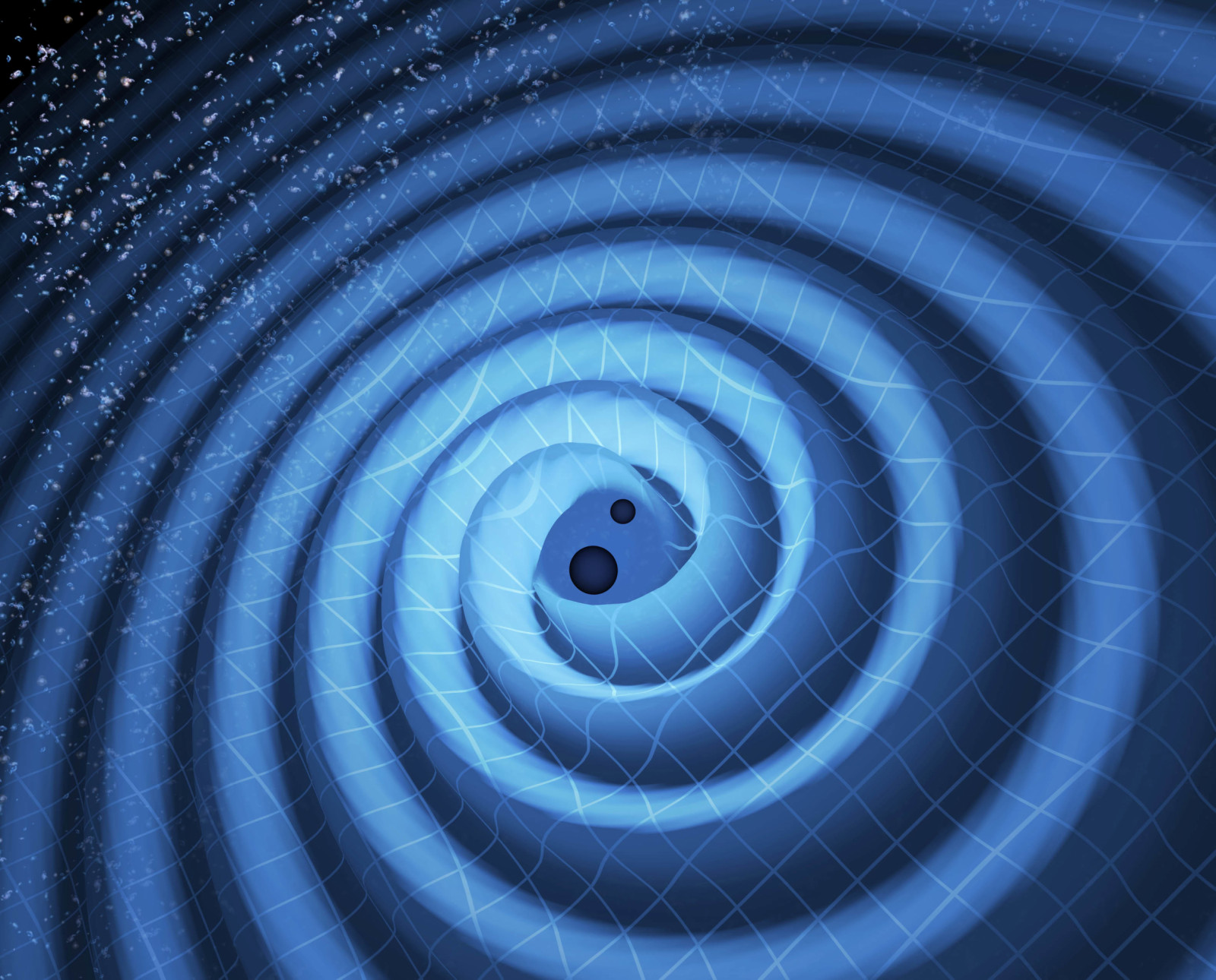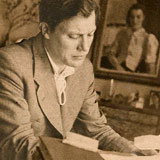|
|
|
|
The Universe - physical and poetic perspectives
|
Death of a star
|
A
fascination for our Universe and the unknown have inspired scientists
and humanists alike for as long as mankind has existed. Some riddles
have been solved while many are still to be tackled. The secrets behind
the life and death of stars and the dawn of the universe are but a few
of the mysteries that Nobel Laureates have tried to solve with their
work. On a long sea voyage from India to England in 1930, the young
Subramanyan Chandrasekhar passed the time by thinking about what happens
to more massive stars once they stop shining. Driven by this curiosity,
his work related to the structure and evolution of stars was awarded
the 1983 Physics Pri
|
|
|
|
|
|

The Nobel Prize in Physics 2017 was awarded for the observation of gravitational waves.
|
|
Gravitational waves captured
|
|
On
14 September 2015, the universe's gravitational waves were observed for
the very first time. The waves, which were predicted by Albert Einstein
a hundred years ago, came from a collision between two black holes. It
took 1.3 billion years for the waves to arrive at the LIGO detector in
the USA.
The Nobel Prize in Physics 2017 was awarded to Rainer Weiss, Barry C.
Barish and Kip S. Thorne "for decisive contributions to the LIGO
detector and the observation of gravitational waves".
|
|
|
|
|
|
|
"This is the radiation we are looking at, it's the Big Bang itself"
|
|
The
100th Nobel Prize in Physics was awarded to John Mather and George
Smoot in 2006 for recording faint echoes of the birth of the universe to
gain understanding of the origin of galaxies and stars. Listen to them
talking about the universe and the Big Bang
|
|
|
|
|
|
Mapping the Universe
|
|
What
will be the final destiny of the Universe? The 2011 Physics Laureates
observed supernovae and discovered that the Universe is expanding at an
ever-accelerating rate. Listen to their discussion.
|
|
|
|
|
|
Reflection on the Cosmos
|
|
"O would that we could turn back to our base
now that we realize what our space-ship is:
a little bubble in the glass of Godhead."
The most famous poem Aniara by Nobel Laureate Harry Martinson is a journey through space.
|
|
|
|

Harry Martinson, 1943.
Public domain:
Wikimedia Commons
|
|
|
宇宙の話には 切りがありませんね。たとえ宇宙が有限だとしても。
Nuestro mundo no es más que una pequeña parte del universo.
1969年にアポロが人を月に送り込んだとき,半世紀後(つまり、2019年)には誰でも月旅行ぐらいできるだろうと Ernesto Mr. T は思っていましたが。
el universo 宇宙
宇宙
